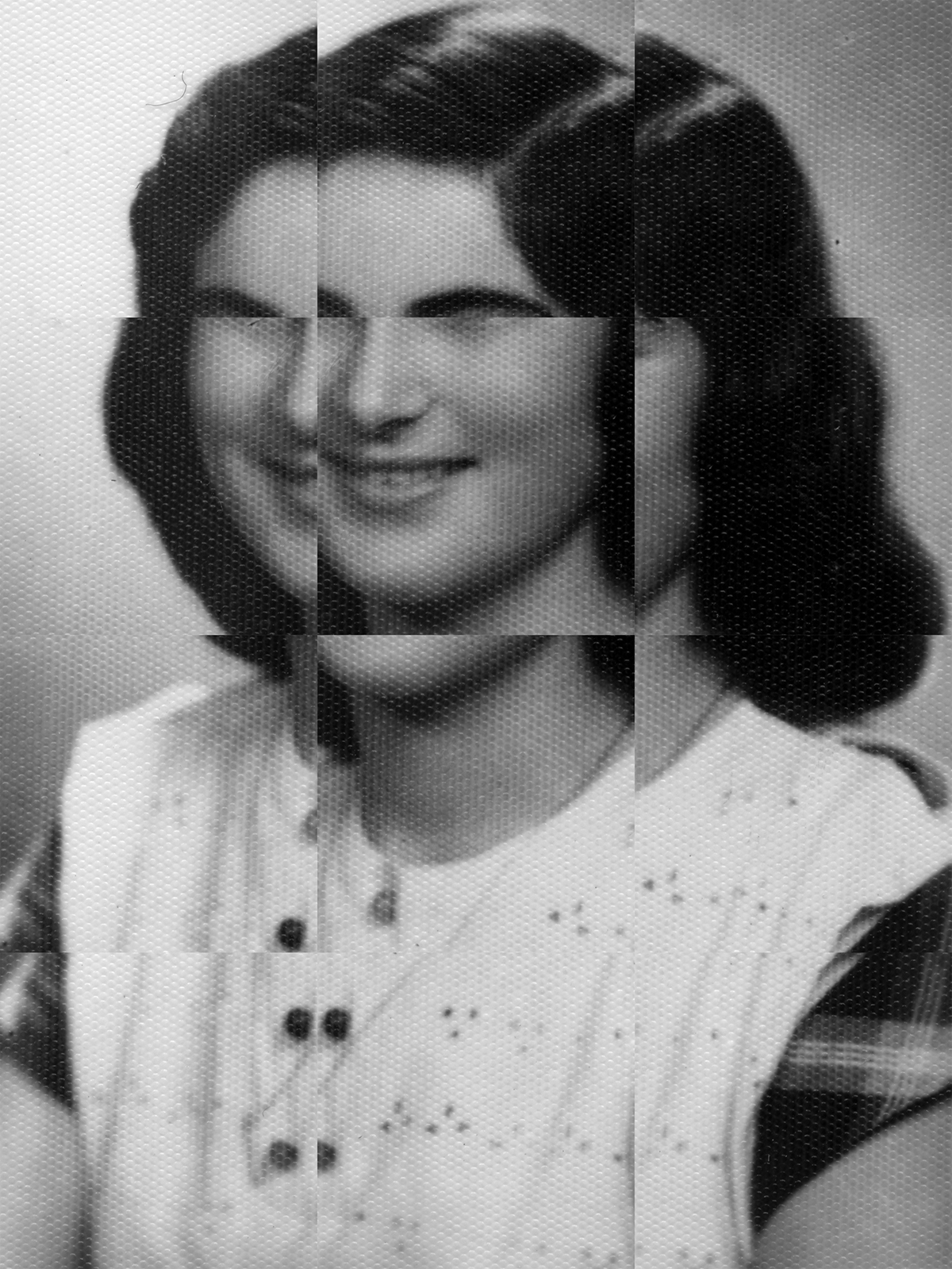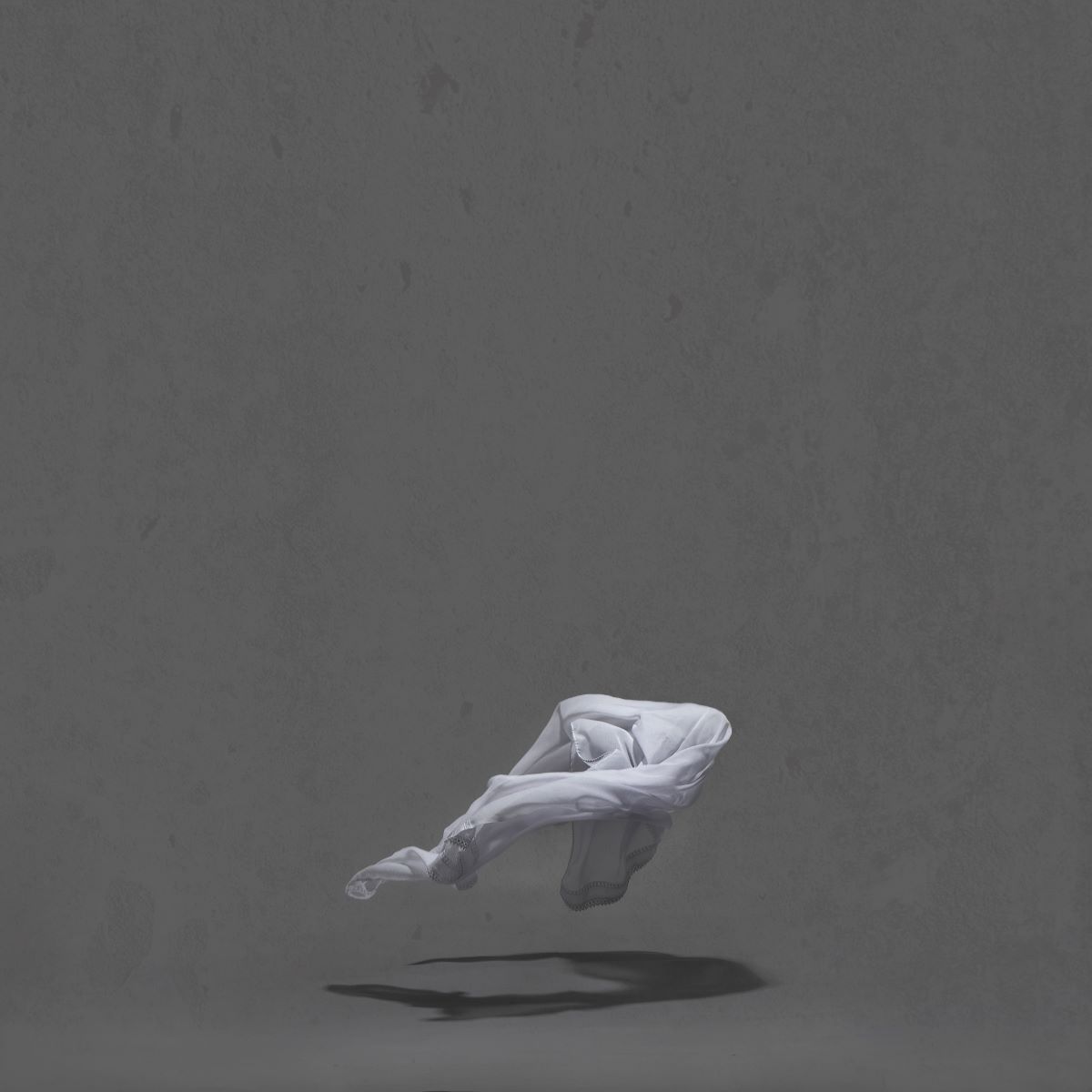Sharon Toval, an independent contemporary art curator based in Tel Aviv, is set to curate the first Israeli exhibition in the United Arab Emirates.
Born in France, he moved to Israel more than a decade ago and found his voice in curating artwork both there and abroad.
Longing Be-longing: On Post-Orientalist Influences in Contemporary Israeli Art is the theme of his exhibition at the Ras Al Khaimah Fine Arts Festival (RAKFAF), which is set to take place in the northern emirate of Ras Al Khaimah during the month of February.
Toval’s theme is what he calls a post-Orientalist set of mind.
“Orientalism during the 19th century was a way of perceiving the East through artistic practice, and this way was a very Western way to see the East. It was a very political way to see, it was an imaginary way to see it,” he said during an interview with The Media Line.
“In Israel, you have a lot of people who come from ‘Oriental’ [Mizrahi] countries,” he said. The new generation did not grow up in these countries, “they have all those stories about the way of living in these countries from their parents, which is a way of longing for the other life, the simplicity, the very genuine way of living, far from this modernism,” Toval added.
“I took this artwork from this culture of longing for what they did not live in but which their parents did,” he said. The exhibition wants to showcase the complexity within contemporary Israeli society.

Mati Elmaliach, Abigail, 2019. (Tal Nissim)
Toval used to visit Dubai before the countries signed the Abraham Accords in September 2020. But during his visit a year ago, he met a contact who proposed he take part in the Ras Al Khaimah arts festival.
During the preparation for this year’s festival, he served as one of four judges from across the world, helping to decide who will present in various categories. Then they offered him the opportunity to curate his own exhibition.
“I hope to get most people who never had anything to do with anything related to Israel, to experience a first approach to this small corner of the earth and to its culture and its people,” he said.
The journey to this exhibition
After Toval moved to Israel, he earned his bachelor’s degree in industrial engineering and management from the Technion in Haifa and a master’s degree in policy and theory of the arts at the Bezalel Academy of Arts and Design in Jerusalem.
His family is originally from Algeria, which perhaps sparked his interest in the origins of the Jews of Arab lands. He spent time in Morocco on a residential curatorial fellowship in 2017. There he worked on research about the Amazigh symbolism in carpets and tattoos and their relation to contemporary Israeli artists of North African origin.
During his stay in Morocco, he was faced with questions about the origins of “Arab Jews.”
“In Israel the ideology is that people [in Arab countries] don’t like Jews, but on the other side, people don’t understand why people [the Jews] left,” he said.
His time in residence influenced his thinking. Toval curated an exhibition in 2018-19, about the encounter between social shame and the Jews from Arab lands who faced racism when they moved to Israel. Arabs in Israel today still face classism and racism, he explained, which made his exhibition controversial.

Ameera Zyian, Veil Self-portrait, 2016. (Courtesy)
“A lot of things that stayed from this period [of aliyah], this situation developed a kind of subculture of politics, society,” he said. “Nobody did this before me. It was very controversial.”
“It is a theme that I am always thinking about,” he said in explaining why he pitched the Orientalism theme for the UAE exhibition. Toval will bring three videos, one photography installation, a sculpture, and numerous photographic pieces.
“I am trying to explain to other people in the world about Israeli society which is very complex. Even the phrase “Israeli society” is not really an accurate phrase. It is so divided; you have so many aspects of people, origins, colors,” he said.
One video, he describes, shows two men who are either dancing or fighting each other, with audio of a prayer that Jews chant in the synagogue. “It’s a very conceptual production of the Jewish Oriental tradition, this is a Moroccan chant,” he said.
According to him, the video shows that loving and hating, dancing and fighting, are the same thing. “It’s kind of uniting people together, this is how I view it,” he said.